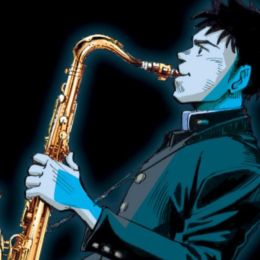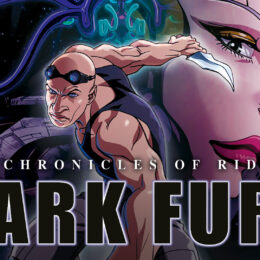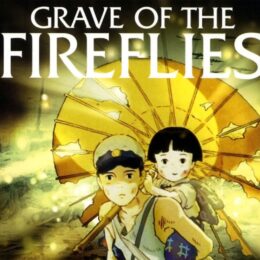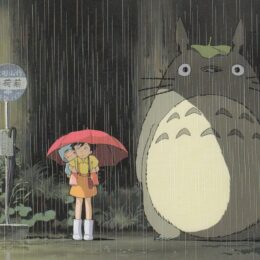THE BOY AND THE HERON. The End of Ghibli [REVIEW]
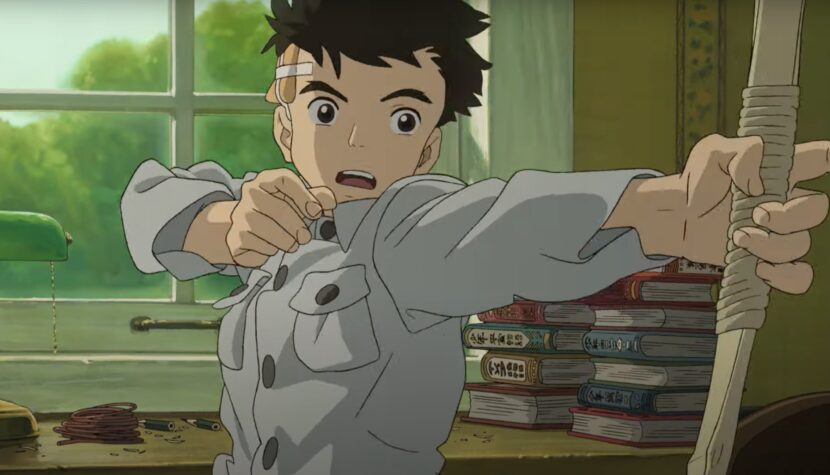
Hayao Miyazaki, according to Alfred Hitchcock’s saying, begins his film with a narrative “earthquake.” More specifically, with a fire. A hospital where Mahito’s mother works is engulfed in flames. The eleven-year-old boy jumps out of bed and rushes to help, but he can’t do anything. The wooden building collapses, burying alive everyone inside. The death of his mother leaves a lasting mark on the hero’s mind. Moving to the countryside, to his aunt’s old house – his father’s new partner – doesn’t help. Whenever Mahito closes his eyes, images of the burning building reappear on the screen. The reality increasingly overwhelms the introverted hero until the possibility of escape arises – through a mysterious tower and an equally mysterious heron, entrusted with the role of a guide through the land of magic.
However, the first hour of “The Boy and the Heron” is a strictly realistic story. The tale of a difficult childhood unfolds in a specific place and time – Japan in the early forties. Fans of Miyazaki immediately associate it with “The Wind Rises” – quite rightly. In his previous film, an animated biography of Jirô Horikoshi, a designer of Japanese fighter planes, the creator of “My Neighbor Totoro” for the first time separated reality from fantasy with a bold line. He stuck to the events in the character’s life, embellishing them with occasional visionary scenes that deepened the psychology of the characters. “The Boy and the Heron” seems to follow a similar path – but only until Mahito reaches the inside of the tower. Miyazaki opens up a completely new world for us. Dreamlike, full of castles, vast seas, and fantastic creatures like adorable warawara or parrot-cannibals. Fans of “Spirited Away,” “Princess Mononoke,” and “Howl’s Moving Castle” should not be disappointed – there are character designs and visual compositions worthy of Studio Ghibli’s greatest hits.
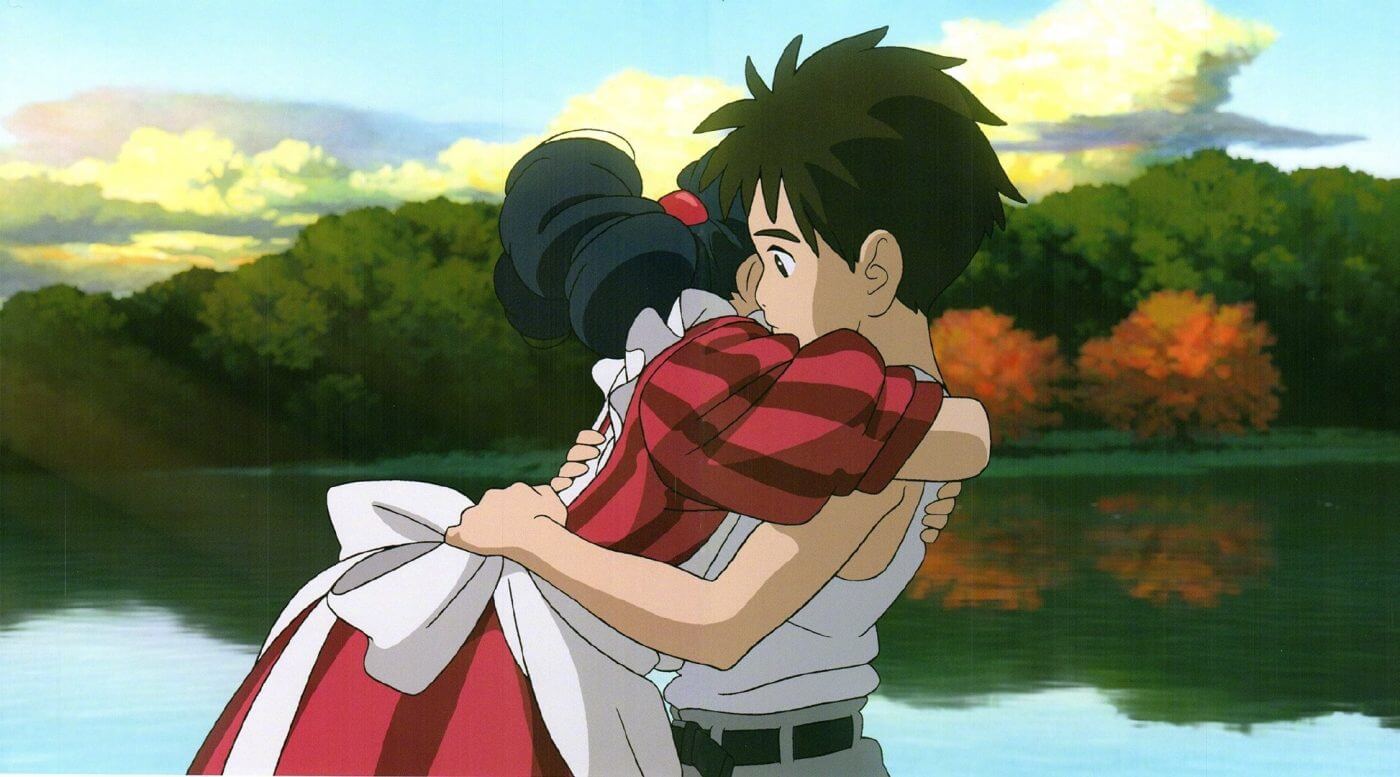
Miyazaki’s latest film is primarily an initiation story. Mahito’s adventure can be seen as a metaphor for growing up – a journey not so much external as internal. The director openly encourages us to see it this way, placing counterparts of real-world characters in the magical land – a technique we know well from “The Wizard of Oz.” By saving his aunt, who got lost in the depths of another world, the hero works through the trauma of losing his mother and becomes an adult man. The powerlessness from the beginning of the film gives way to the desired sense of agency. However, this change brings serious consequences: growing up always involves irreversible loss. In “The Boy and the Heron,” Miyazaki departs from the traditional happy ending, serving us a nuanced, bittersweet finale. The magical land, a symbol of childhood and the world of fantasy, crumbles behind Mahito with a crash. There’s no choice – one must move forward.
“The Boy and the Heron” is also a film with a key – and that key is Miyazaki’s biography and the history of Studio Ghibli. Toshio Suzuki, co-founder of the studio and longtime friend of Miyazaki, admits in interviews that this is the most personal project in the author’s career since “Ponyo.” Full of autobiographical details, such as the protagonist’s father’s profession (Katsuji Miyazaki was also the owner of an aircraft factory) or the move to the countryside during the war. The fire at the beginning of the film is also a camouflaged memory of the director – a mental trace of the carpet bombings of Tokyo. Events that claimed over 100,000 lives and traumatized a whole generation of Tokyoites, although they have been permanently overshadowed by the American atomic attacks in the pages of history. The latest installment of Godzilla recently reminded us of the devastating effects of the bombings on Tokyo.
Related:
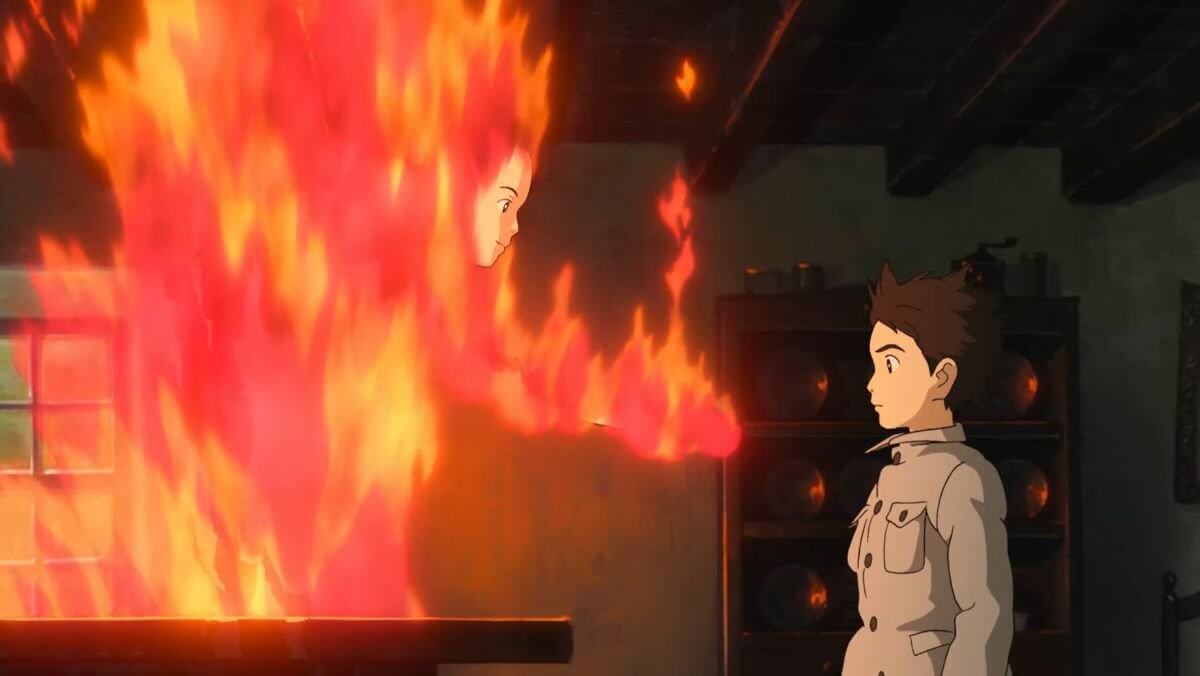
However, “The Boy and the Heron” becomes even more interesting when viewed in the context of the future of Ghibli. Crucial to the film’s interpretation is the character of the demiurge-grandfather – the distant relative of the protagonist, the sole creator of the extraordinary land. Although according to Suzuki, this character was originally supposed to refer to Isao Takahata – the third of the four founders of Ghibli, who passed away in 2018 – it is very easy to see another, this time contemporary reflection of Miyazaki in him. The portrait of the old master, who unsuccessfully seeks a successor. The world created by him is beautiful but shaky – it needs a fresh perspective. The grandfather looks hopefully at the young nephew entering the land, and the 83-year-old Miyazaki, who most likely gave up on his own son after the digital nightmare that was “Earwig and the Witch,” dedicates his film not to anyone else but his grandson.
“Are you not worried about the future of Ghibli?” – asks Mami Sunada, director and narrator of “The Kingdom of Dreams and Madness,” a documentary about the making of “The Wind Rises.” The Japanese animator smiles gently, pulling a cigarette from his mouth. “The future is bright. The studio will fall apart,” he replies. When the documentarian is silent – most likely shocked by what she just heard – Miyazaki adds: “It’s inevitable, so why should I worry?”. “The Boy and the Heron” is a cinematic emanation of the inevitable. Miyazaki’s work is permeated with an atmosphere of decay, a sense of an end. Ships sail aimlessly on the horizon, starving pelicans devour floating warawara. In terms of the created mood, it is definitely the most melancholic project in the author’s career since “Spirited Away.” As in Sunada’s documentary, the Japanese director proves here that there are no illusions. The wonderful world built by the demiurge-grandfather undergoes irreversible disintegration in the finale, dying to the sounds of Joe Hisaishi’s elegiac soundtrack. Mahito grows up and chooses reality. Life goes on.


